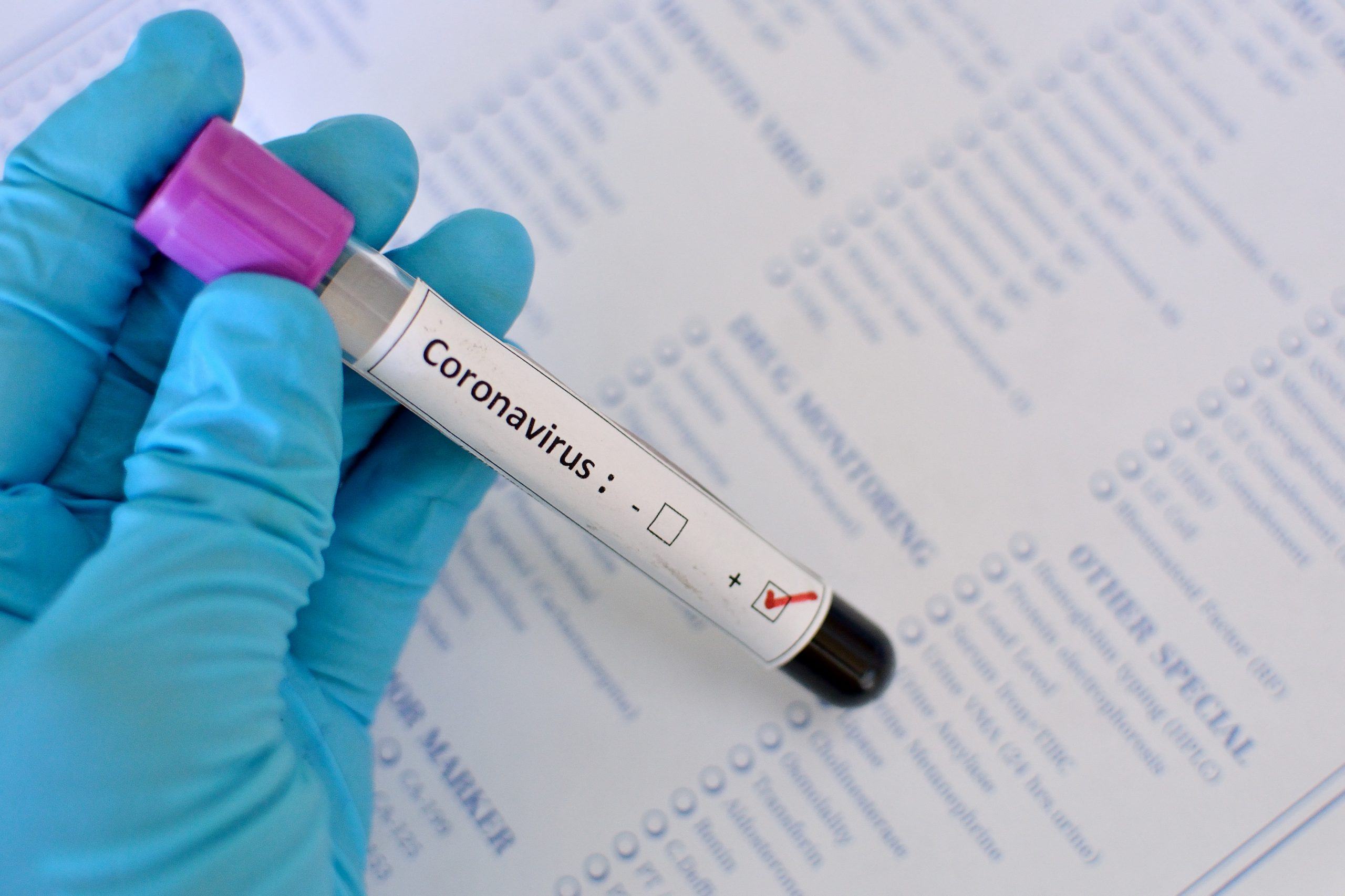
Coronavirus Nigeria
IMF recently revealed that emerging markets and developing economies grew consistently in the two decades before the COVID-19 pandemic hit, but it is sad that the pandemic has halted this progress.
According to the organization, COVID-19 is expected to make inequality even worse than past crises because measures to contain the pandemic have had disproportionate effects on vulnerable workers and women.
IMF added that the estimated effect from COVID-19 on the income distribution is much bigger than that of past pandemics.
His words, “Emerging markets and developing economies grew consistently in the two decades before the COVID-19 pandemic hit, allowing for much-needed gains in poverty reduction and life expectancy.
“The crisis now puts much of that progress at risk while further widening the gap between rich and poor.
“Despite the pre-pandemic gains in poverty reduction and lifespans, many of these countries have struggled to reduce income inequality.
“At the same time, they saw persistently high shares of inactive youth (i.e., not in employment, education, or training), wide inequality in education, and large gaps remaining in economic opportunities for women.
“COVID-19 is expected to make inequality even worse than past crises since measures to contain the pandemic have had disproportionate effects on vulnerable workers and women.”
“What this tells us is the estimated effect from COVID-19 on the income distribution is much larger than that of past pandemics.
“It also provides evidence that the gains for emerging market economies and low-income developing countries achieved since the global financial crisis could be reversed.”
“We assess the progress made before the pandemic and what we can expect for 2020 in terms of welfare using a measure that goes beyond GDP. We use a welfare measure that combines information on consumption growth, life expectancy, leisure time, and consumption inequality.
“Based on these measures, from 2002 to 2019, emerging markets and developing economies enjoyed welfare growth of almost 6 per cent, which is 1.3 percentage points higher than per capita real GDP growth, suggesting many aspects of peoples’ lives were seeing improvement.
“The increase was mostly due to improvements in life expectancy.
“The pandemic could reduce welfare by 8 per cent in emerging markets and developing countries with more than half of it stemming from the excess change in inequality as a result of a person’s ability to work from home.
“Note that these estimates do not reflect any income redistribution measures after the pandemic. This means that countries can dampen the effect on inequality and on welfare more generally by policy actions.”
![DJ Baddo – All Of Me Remix ft John Legend [AuDio]](https://www.naijavibe.net/wp-content/uploads/wordpress-popular-posts/94409-featured-40x40.jpg) DJ Baddo – All Of Me Remix ft John Legend [AuDio]
DJ Baddo – All Of Me Remix ft John Legend [AuDio] ![Mr. Charis - All Back ft Zouwrah [AuDio]](https://www.naijavibe.net/wp-content/uploads/wordpress-popular-posts/67331-featured-40x40.jpg) Mr. Charis – All Back ft Zouwrah [AuDio]
Mr. Charis – All Back ft Zouwrah [AuDio]  Dj Kamol – Crazy Gyration ft Skailey Normal [AuDio]
Dj Kamol – Crazy Gyration ft Skailey Normal [AuDio] ![Yung6ix – I Pray ft Oritse Femi [AuDio]](https://www.naijavibe.net/wp-content/uploads/wordpress-popular-posts/163012-featured-40x40.jpeg) Yung6ix – I Pray ft Oritse Femi [AuDio]
Yung6ix – I Pray ft Oritse Femi [AuDio] ![DJ Enimoney - Shaku Shaku Therapy [MixTape]](https://www.naijavibe.net/wp-content/uploads/wordpress-popular-posts/155494-featured-40x40.jpg) DJ Enimoney – Shaku Shaku Therapy [MixTape]
DJ Enimoney – Shaku Shaku Therapy [MixTape] ![Kolasoul - All Of Me [AuDio]](https://www.naijavibe.net/wp-content/uploads/wordpress-popular-posts/40876-featured-40x40.jpg) Kolasoul – All Of Me [AuDio]
Kolasoul – All Of Me [AuDio] ![Iyanya – Credit ft Don Jazzy [AuDio]](https://www.naijavibe.net/wp-content/uploads/wordpress-popular-posts/167713-featured-40x40.jpg) Iyanya – Credit ft Don Jazzy [AuDio]
Iyanya – Credit ft Don Jazzy [AuDio]  Victony, Don Toliver & Rema – Soweto
Victony, Don Toliver & Rema – Soweto ![Big C - Obimo ft Starface [AuDio]](https://www.naijavibe.net/wp-content/uploads/wordpress-popular-posts/19188-featured-40x40.jpeg) Big C – Obimo ft Starface [AuDio]
Big C – Obimo ft Starface [AuDio]  CKay – Emiliana
CKay – Emiliana  Da Ilegal – One Time
Da Ilegal – One Time  Ruger – Asiwaju
Ruger – Asiwaju
 NaijaVibe NaijaVibe | Download Latest Nigerian Music & Mp3s
NaijaVibe NaijaVibe | Download Latest Nigerian Music & Mp3s



